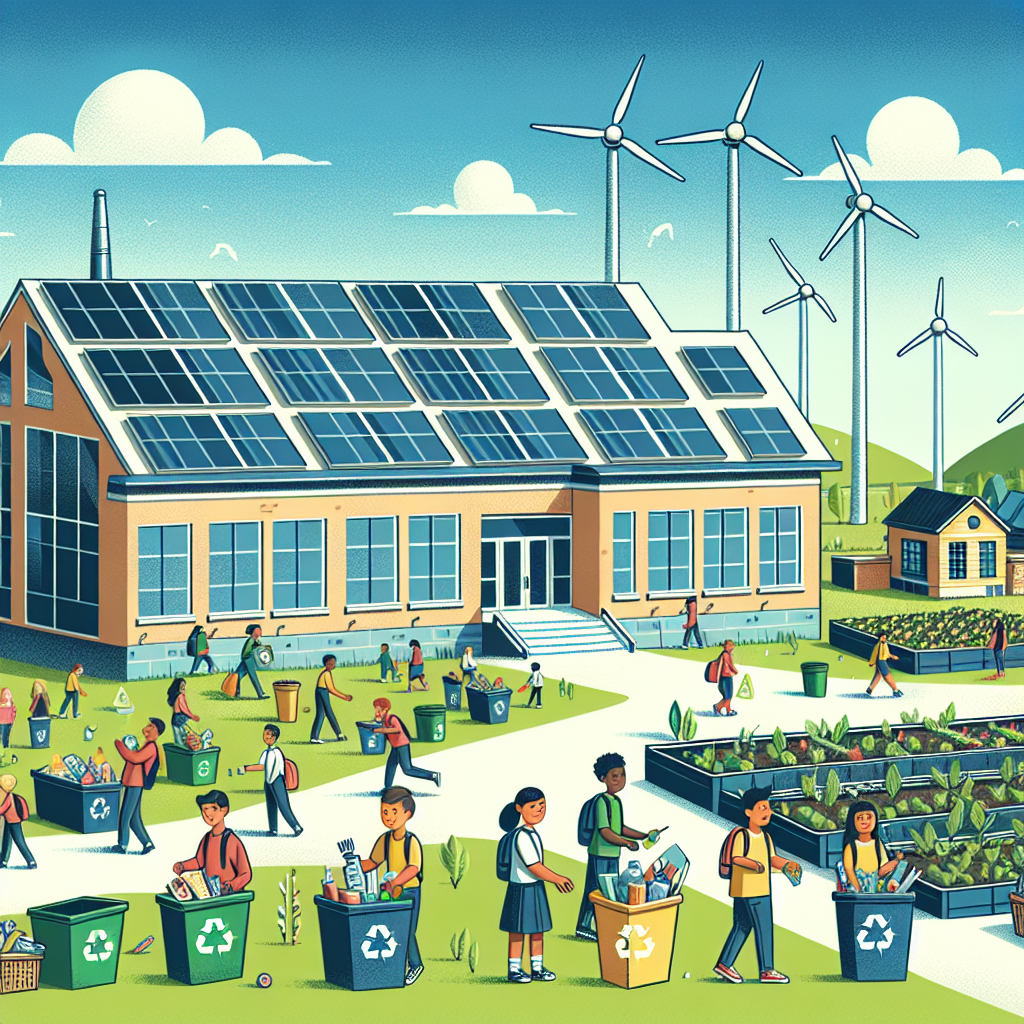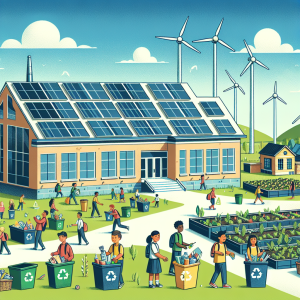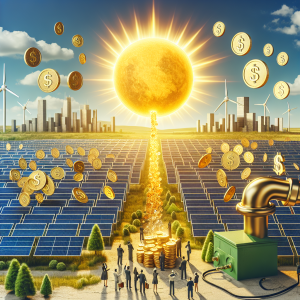How to Start Your Off-Grid Journey Today
Understanding the concept of living off-grid is crucial for anyone looking to embark on this rewarding journey. At its core, going off-grid means becoming self-sufficient and minimizing reliance on public utilities such as water, electricity, and sewage. It’s about harnessing natural resources to sustain your lifestyle in a way that is often more cost-effective and environmentally friendly than traditional living. To start your off-grid journey today, you need to consider a variety of factors, including location, power generation, water access, waste management, food production, and communication.
Location is a pivotal factor in your off-grid lifestyle. Choosing the right location will directly influence the availability of resources, the legal regulations you must follow, and the overall feasibility of your off-grid setup. Ideally, you should look for land that offers ample sunlight for solar power, potential for water sources such as a stream or well, fertile soil for gardening, and is not too far removed from essential services you may need in emergencies. Be mindful of zoning laws and building codes which can vary significantly by region and influence what you can do on your property.
Power generation is another key element. Solar power is the most popular option for off-grid dwellers due to its decreasing costs and increasing efficiency. Installing solar panels can be a considerable upfront investment, but they tend to pay for themselves over time with the savings on electricity bills. Additionally, wind turbines and micro-hydro power systems are viable alternatives or supplements, depending on your location and weather conditions. A sustainable power system often requires battery storage solutions to ensure you have electricity when the sun isn’t shining or the wind isn’t blowing.
Water access is essential for survival, and it’s one of the biggest challenges when living off-grid. Determine the best method for securing a reliable water source, whether through drilling a well, setting up a rainwater catchment system, or accessing a nearby stream or river. Each option will have its own cost, legal, and treatment considerations. Installing a filtration system is imperative to ensure the water you use for drinking, cooking, and bathing is safe and clean.
Waste management requires effective strategies to handle both human waste and household waste. Composting toilets are a popular choice for human waste as they do not require water, reduce environmental impact, and produce compost that can be used to enrich your garden. For household waste, developing a strict recycling and composting routine can minimize your environmental footprint and reduce the amount of trash that needs to be disposed of through traditional means.
Food production plays a fundamental role in achieving self-sufficiency. Many off-grid enthusiasts grow their own food, which can significantly cut down on grocery bills and reduce reliance on non-renewable resources. Starting a vegetable garden, raising small livestock like chickens or goats, and learning to can or preserve your surplus harvest are all effective strategies. Invest time in learning permaculture techniques, which focus on achieving harmony with natural ecosystems, increasing your yield, and improving soil health without the need for chemical fertilizers.
Communication is an essential tool for staying connected with family, friends, and emergency services while living off-grid. While traditional phone lines may not be feasible, mobile networks, satellite phones, and internet connections through satellite services provide reliable solutions for keeping in touch. It is crucial to have access to communication services for safety reasons, especially if residing in a remote location.
Financial considerations and budgeting are vital for executing your off-grid plans. While the initial investment might seem substantial, the long-term savings on utility bills and self-sufficiency in food and resources can offset these initial costs. Prepare a comprehensive budget that includes land acquisition, power system setup, water infrastructure, waste management systems, and initial living expenses.
Education and skill acquisition are invaluable as you transition to off-grid living. Take the time to educate yourself on a wide range of skills necessary for maintaining your off-grid homestead. From basic carpentry, plumbing, and electrical skills to gardening, animal husbandry, and natural medicine, these abilities will not only make your off-grid living easier but also more rewarding.
Lastly, community and support networks can significantly enhance your off-grid experience. Connecting with other off-grid individuals through forums, social media groups, or local meet-ups can provide you with support, advice, and resources. Sharing knowledge and experiences helps in overcoming challenges and offers new insights into improving your off-grid setup.
SEO-optimizing your off-grid content requires using relevant keywords naturally throughout your content. Consider search terms like “off-grid living tips,” “solar power installation,” “rainwater harvesting,” and “self-sufficient food production.” Additionally, using headers and bullet points will break up the text for enhanced readability, encouraging engagement and shareability. With this comprehensive guide, you can confidently take the first steps towards starting your off-grid journey today.




